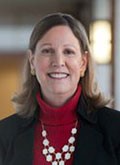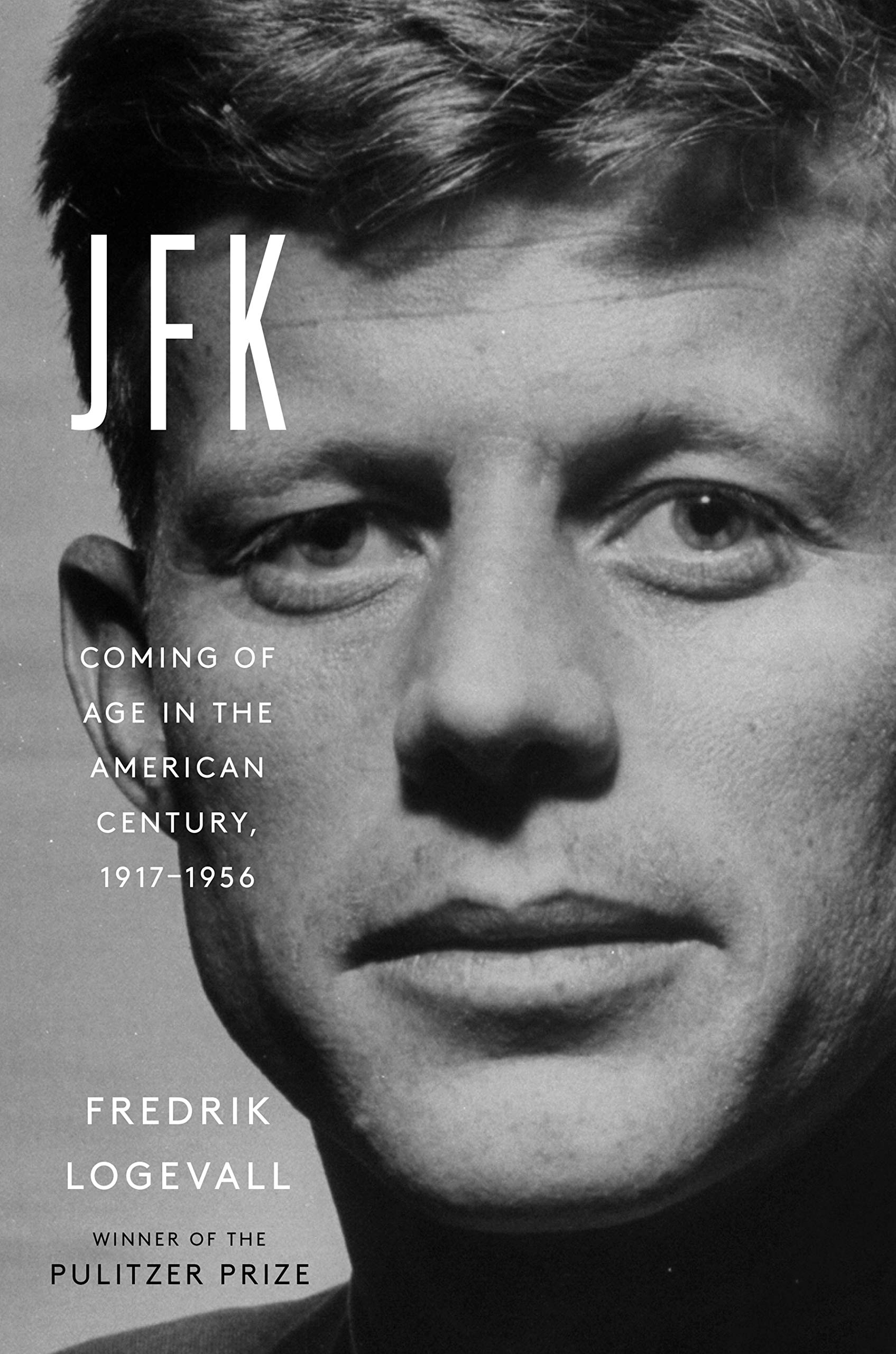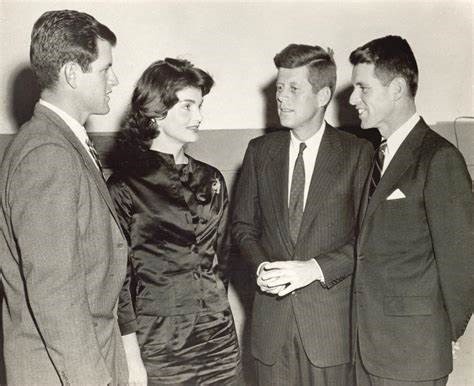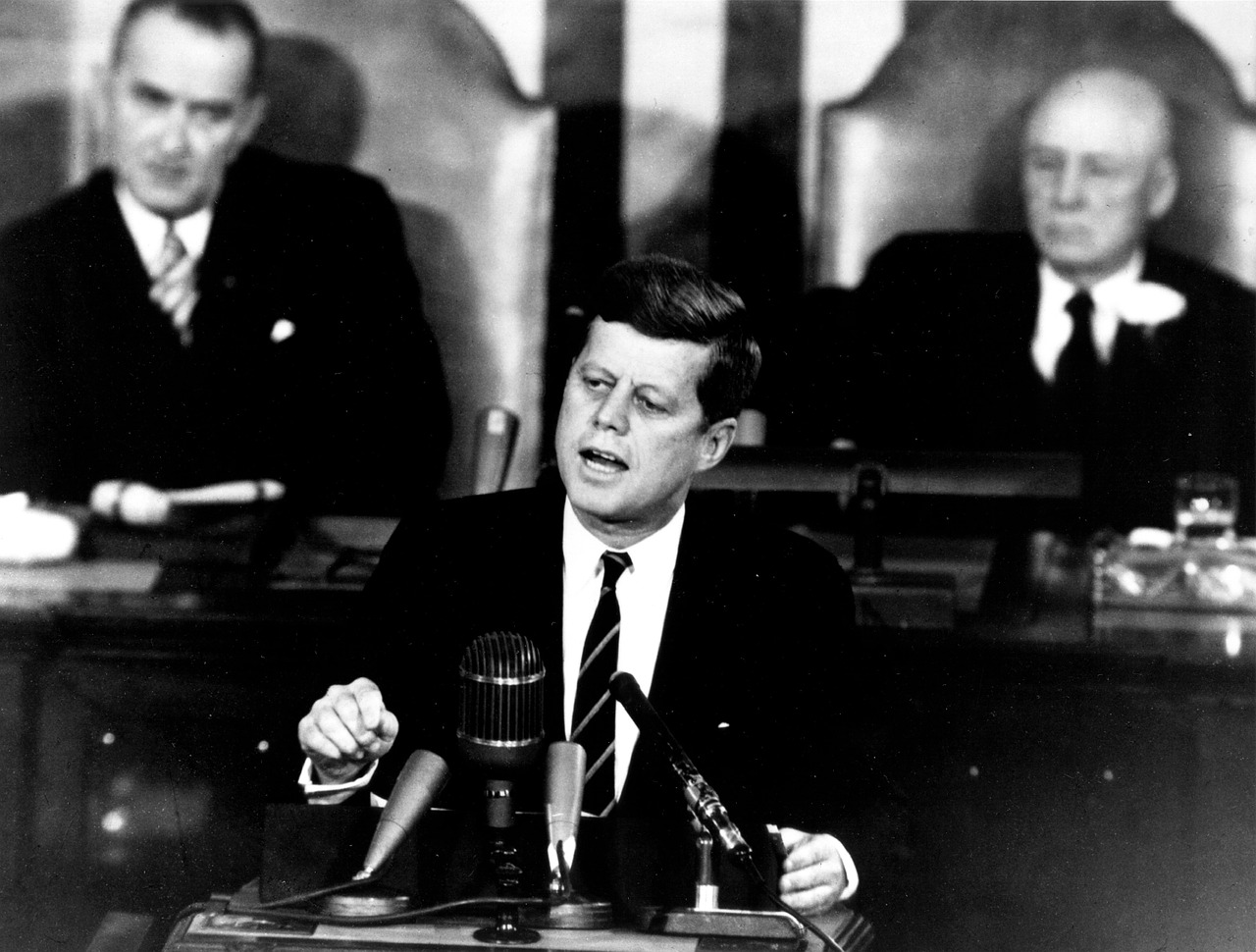A New Biography of John F. Kennedy Might Calm Your Election Jitters
 “JFK himself will remain firmly embedded in history as long as worthy biographies about him continue to appear in each new age,” says Barbara A. Perry about Fredrik Logevall’s new work: JFK: Coming of Age in the American Century, 1917-1956. Perry (@BarbaraPerryUVA) is the Gerald L. Baliles Professor and Director of Presidential Studies at the Miller Center at the University of Virginia. She is writing a book on the political relationship between JFK and Eleanor Roosevelt. You can hear her conversation with Fred Logevall on his new biography here: https://www.youtube.com/watch?v=7VKPMm1Dwn8.
“JFK himself will remain firmly embedded in history as long as worthy biographies about him continue to appear in each new age,” says Barbara A. Perry about Fredrik Logevall’s new work: JFK: Coming of Age in the American Century, 1917-1956. Perry (@BarbaraPerryUVA) is the Gerald L. Baliles Professor and Director of Presidential Studies at the Miller Center at the University of Virginia. She is writing a book on the political relationship between JFK and Eleanor Roosevelt. You can hear her conversation with Fred Logevall on his new biography here: https://www.youtube.com/watch?v=7VKPMm1Dwn8.
Even the most ardent John F. Kennedy aficionados couldn’t be blamed for exclaiming, “Really? Another biography of JFK?” At last count, all books on the 35th president total more than 40,000. But the number of biographies alone on Abraham Lincoln number over 16,000.

For now, and some time to come, the new tome, JFK: Coming of Age in the American Century, 1917-1956, elegantly penned by Pulitzer Prize-winning Harvard historian Fredrik Logevall, will constitute the definitive work on Kennedy. It is a two-volume enterprise, so the just-published volume ends before the young Massachusetts senator begins his improbable race for the White House. Stay tuned for the riveting narrative of how the great-grandson of Irish potato-famine refugees became the first Roman Catholic president (Joe Biden would be only the second) and how he governed in a turbulent presidency that lasted barely 1,000 days but ended so tragically and shockingly that it seems forever burned in the American psyche.
Despite that emotive justification for writing additional books on John Kennedy, is there anything new to report? Since the last scholarly biography appeared in 2003, Professor Robert Dallek’s An Unfinished Life: John F. Kennedy, 1917-1963, an archival treasure trove has come to light, including the vast papers of JFK’s parents, Joe and Rose Kennedy; Jacqueline Kennedy’s compelling eight-hour oral history, conducted by Arthur Schlesinger Jr. just a few months after the assassination; the Miller Center’s release of the Edward Kennedy Oral History Project; opening a portion of Robert Kennedy’s papers; and the lifting of redactions in other family members’ interviews. Authors have mined these resources for initial takes on their subjects, but no one has revisited them with Logevall’s intent to tell John F. Kennedy’s complete life story. In addition, previously classified documents have been released and will particularly enlighten Vol. 2.
As my Miller Center colleague, Professor Marc Selverstone, observes, the JFK literature covers an arc that began shortly after his death with memoirs from the knights of Camelot’s round table, nostalgia-infused stories on the golden age of a fallen president. Schlesinger, Ted Sorensen, Pierre Salinger, Dave Powers, Kenny O’Donnell, Paul Fay, and Ben Bradlee all produced paeans to their hero, as did the president’s long-time secretary, Evelyn Lincoln, and even the Kennedys’ British nanny, Maud Shaw. Inevitably, revisionism followed, starting in the 1970s and revealing the “dark side of Camelot.” A third wave of scholarship, including Logevall’s new book and his award-winning 2012 study of the Vietnam War, constitutes a balanced approach to the 35th president—examining his successes and failures, triumphs and tragedies, heroic traits and profound character flaws.
Yet even if readers are familiar, as I am, with the wealth of information that has circulated on the most potent political dynasty in American history, they will find much to discover in the new biography. No author has taken a deeper, more detailed, or thoroughly nuanced approach to the document trail and other resources available in the Kennedy Presidential Library. Logevall provides meticulous analysis of young John Kennedy’s copious letters, student essays and Harvard senior thesis, diary entries as JFK traveled in pre-World War II Europe, missives from the South Pacific combat zone, and journalistic articles drafted as a military veteran for Hearst newspapers on the founding United Nations conference and Britain’s 1945 election. The formation of Kennedy’s character, intellect, powers of observation, and Weltanschauung, as Logevall weaves the threads of archival material, produces a rich tapestry.

Collegiate JFK, journeying through Europe just prior to World War II, was no Alexis de Tocqueville observing American democracy in the 1830s. Yet Logevall discovers the bases for Kennedy’s crucial diversion from his father’s petty personality, isolationist world view, and appeasement policies—a departure absolutely necessary for young Jack’s successful political career. This book’s overarching addition to the Kennedy canon results from the discerning eye of a renowned foreign policy historian, originally from Scandinavia, which allows Logevall to avoid the American-centric hagiography of the Camelot legend. A “life and times” approach to writing biography is frequently revealing, but it is most fruitful when the subject’s life corresponds directly with clear demarcations in history that the biographer comprehends so completely.
Born just as the United States entered World War I, encouraged by his mother to sate his curiosity by reading and traveling widely, coming of age when his father’s “America First” ambassadorial policies in the UK utterly failed, hardened by Solomon Islands combat for which he volunteered despite his frail health, and tempered by the Cold War’s bitter peace, John Kennedy emerged as an “idealist without illusions.”

By the time Vol. 1 concludes, JFK is a confirmed Cold Warrior, convinced that only an internationalist foreign policy can save the world from communism. So different from today’s polarization, Kennedy, although a tough politico in the mold of his maternal grandfather and namesake, Mayor John F. (Honey Fitz) Fitzgerald of Boston, treated opponents as adversaries, not enemies. And despite his tendency toward healthy skepticism, he maintained an unshakable faith in democratic pluralism—but one that the polity must nurture through civic activism. In the earliest speeches that he composed at the beginning of his congressional career in the late 1940s, JFK quoted Rousseau, “As soon as any man says of the affairs of state, ‘what does it matter to me?’ the state may be given up for lost.” In our COVID-ridden land, torn asunder along racial, geographic, socioeconomic, partisan, and ideological fault lines, Kennedy’s stirring appeal to serve the nation rings with more urgency than ever.
When Jacqueline Kennedy labeled her husband’s presidency, based on the lyrics from Lerner and Loewe’s Broadway musical about England’s mythical King Arthur, she cited JFK’s favorite lyrics: “Don’t let it be forgot, that once there was a spot, for one brief shining moment, known as Camelot!” Even if such legends eventually fade, as Massachusetts Congressman Joseph P. Kennedy III’s recent U.S. Senate primary loss may indicate, JFK himself will remain firmly embedded in history as long as worthy biographies about him continue to appear in each new age.
- Stay on Track: Turning Resolutions into Results
- From “Jimmy Who?” to “What Would Jimmy Do?”
- Washington’s Bold Gamble: Christmas Day 1776
- Increasing Your Impact With Planned Giving
- UVA Club of Boston: UVA Men's Basketball Game Watches
- UVA Club of New Mexico: Cavs Care - Roadrunner Food Bank